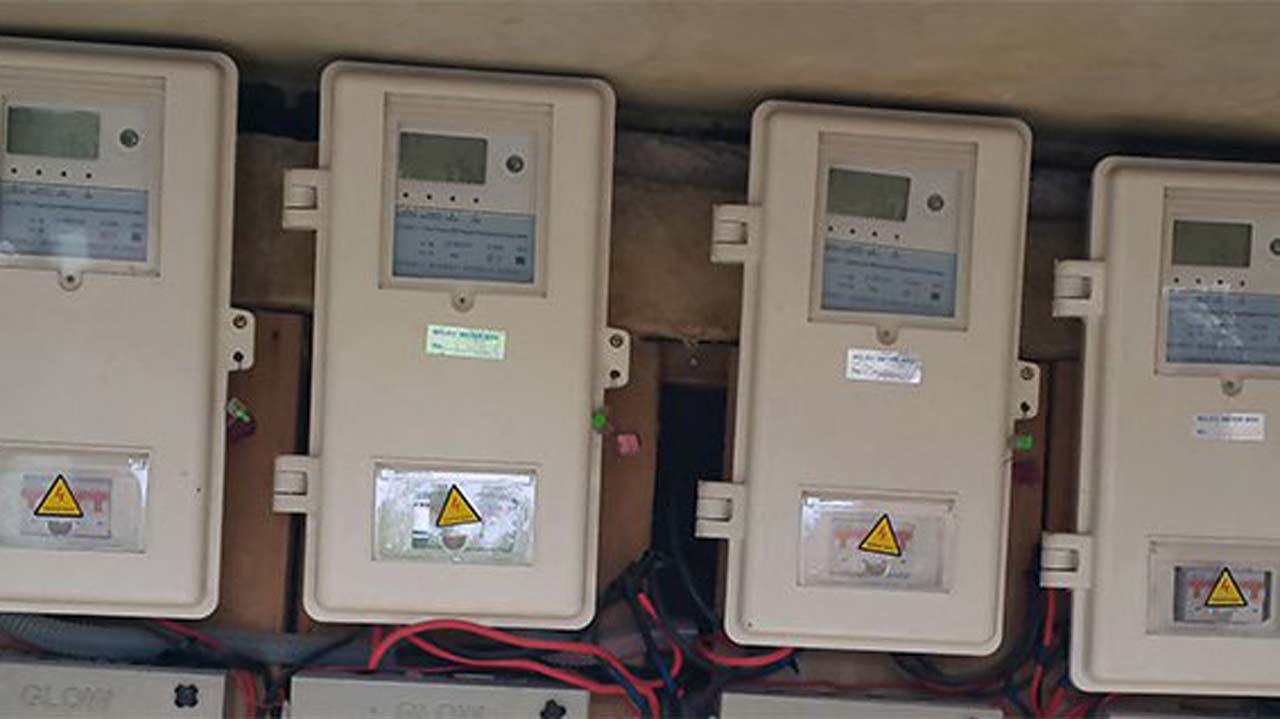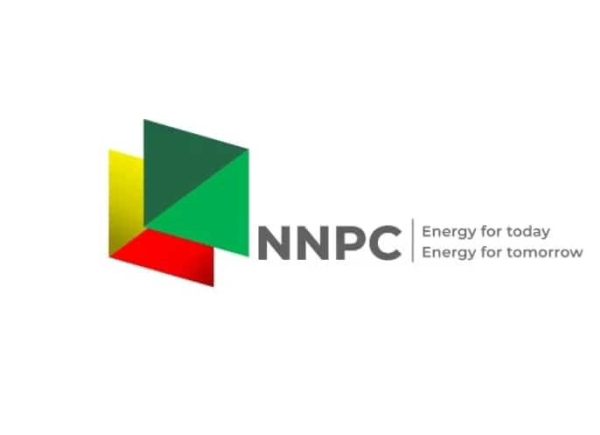After long period of silence over repeated calls by stakeholders and mainly the Transmission Company of Nigeria (TCN), the leadership of the Association of Nigerian Electricity Distributors (ANED), has came out of their shell to give reasons why recapitalisation of the Discos cannot be possible for now.
Recall that Managing Director of TCN, Usman Mohammed, recently stated “The Nigerian people are not connected to our (TCN) network. They are connected to the distribution network. So the Nigerian people in a way do not feel what we are doing. But the fact is that even our equipment are not guaranteed because there is no investment in the distribution network. So the Discos just have to recapitalize.”
ANED argued that whereas words are cheap and free for everybody, Discos as consortium of investors, would need to see how they would recoup their investments before they could go ahead to recapitalise the firms.
Opening up more at the just-concluded two-day second seminar for the preparation of Performance Improvement Plans (PIP) by Nigerian Discos, the Chief Executive Officer of ANED, Mr. Azu Obiaya averred that “There has been a drumbeat for recapitalisation of the Discos. There are two principal approaches to recapitalisation – one, we won’t mention today and the other is investment. For the latter to occur, rational investors would need to see a pathway of recovering their investment for them to make the leap. He argued that “It is my hope that the PIP guidelines, if implemented faithfully, efficiently and consistently, will provide this pathway, as necessary to re-orientate the sector towards commercial viability and sustainability.”
He noted that the participation of Discos “was triggered by the informal dissemination of the draft PIP that was issued in the fourth quarter of 2017, which led to the first PIP seminar that was dedicated exclusively to the Disco board members.
“With the recent formal issuance of the PIP guidelines by NERC (Nigerian Electricity Regulatory Commission), we thought that it was critical that we put together the PIP Seminar II, to bring together, not only the board members and the operators, but also other critical stakeholders.”
According to him, a review of the PIP guidelines would indicate three central and recurring themes, as he outlined them to include an extensive stakeholder consultation, robustness of process and outcomes in the context of efficiency.
However, he stressed that seminar seeks to address all three of these central themes, adding that “The information that will be provided to you is information that we hope will robustly guide the activities that will result in the required PIP/Performance Agreement outcomes of improved service delivery, Average Technical, Commercial and Collection loss reduction, increased connections, improved energy delivery, etc.
“This information includes analysis of data from the sector, international best practices, experiences of Disco implementation of some aspects of PIP, proposed market strategies, etc,” Obiaya averred.









